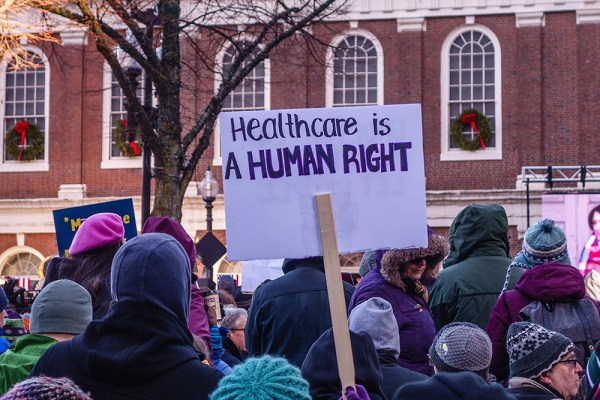Huge Decisions Loom for Lawmakers on Obamacare Taxes

One of the biggest calling cards of the Republican Party for the last several years, including President Donald Trump, has been to repeal the Affordable Care Act, also known as Obamacare. Although Obamacare has faced much opposition throughout its existence, recent polls suggest that most Americans don’t want it repealed, especially if there is nothing to replace it.
Still, republican lawmakers are undeterred in their efforts to scrap it. However, there are several significant taxes issues that must resolved, namely which taxes should they repeal. Make no mistake, republicans hate the Obamacare taxes, but some feel that they should keep them to help pay for their replacement plan. The taxes in question include:
- Net Investment Income Tax – this would automatically eliminate the 3.8 percent tax on capital gains.
- Health Insurance Tax – Health insurance providers are forced to pay this annual fee based on their market share.
- Medicare Surtax – This tax on the wealthy created an extra $7.3 billion for the government, so eliminating it would help anyone earning more than $200,000 (single filer) or $250,000 (joint filer) a year.
- Cadillac Tax – this is set to begin in 2020, but many lawmakers from bot sides oppose it, as it would be a huge tax on those with high-cost health plans, including many democratic-backed unions.
- Prescription Drug Tax – repealing this would help businesses that make or import branded prescription drugs and have to pay huge fees for doing so.
- Tanning Tax – this contributed to many tanning salons going out of business
- Medical Expenses Deduction Cap – this raised the threshold for deducting medical expenses from 7.5 percent to 10 percent.
- Flexible Spending & Health Savings Accounts – these placed lower limits on the amounts people can add to them and raised the penalties for using the money on anything other than medical expenses.
- Mandate Penalties – these are the penalties that people must pay if they choose not to have health insurance.
Each of these taxes could en up on the chopping block, but it remains to be seen which ones will be officially repealed and which ones will survive.
http://thehill.com/policy/finance/317880-gop-faces-big-decision-on-obamacare-taxes
Proposed California Tenant Relief and Coronavirus Update
Re. the proposed California tenant relief and Coronavirus update. Dear Clients and Friends: I keep saying: “I’ve never seen anything like this before!”…and then there is more! June 17, 2:35 p.m. A proposed California Senate bill could give out-of-work tenants in the state 10 years to pay back unpaid rent due to loss of income related to the…
President Trump Signs Bill to Help Small Businesses with Paycheck Protection Program Flexibility
Press Release Friday June 5, 2020. This morning president Trump signed into law H.R.7010 to help small businesses. The purpose of the Paycheck Protection Program Flexibility Act is to amend the Small Business Act and the CARES Act to modify certain provisions related to the forgiveness of loans under the paycheck protection program, to allow…
Building a $24 billion company using the Sunflower Model | Rob Ryan
Building a $24 billion company using the Sunflower Model | Rob Ryan About ROB RYAN Rob Ryan founded Ascend Communications in 1989. Rob served as President, CEO, and Chairman of Ascend, taking it public Friday the thirteenth of May, 1994, at $13.00 per share. In 1995 Rob and Terry started Entrepreneur America. Rob gained his first experience…
Possible PPP Legislation & 1099-B
Possible PPP Legislation:
https://www.bloomberg.…



